Apr 2, 2024 12:59 PM
Saxophonist, Sonic Explorer Casey Benjamin Dies at 45
Casey Benjamin, the alto saxophonist, vocalist, keyboardist and producer who stamped his distinctive sounds on the…
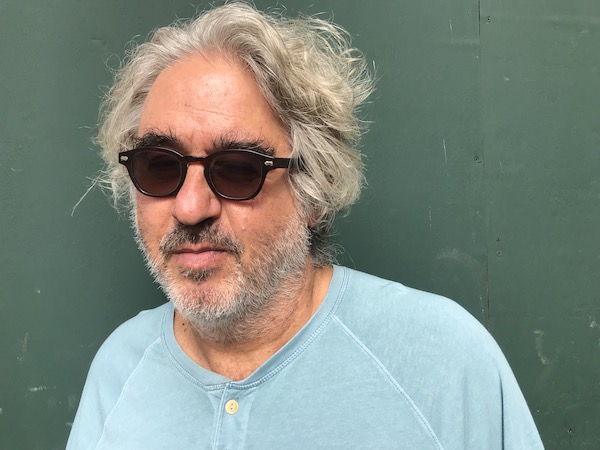
Reedist Tim Berne said he’s rethinking the way he books tours and runs a band in the wake of the coronavirus pandemic upending air travel.
(Photo: Courtesy of Artist)The travel industry’s indelible connection to the jazz ecosystem, like so many other economic niches, has been thrown into stark relief since the pandemic hit. It’s another piece of a fractured landscape that will need to be made whole before the jazzworld is fully able to function again.
“I have a manager and a booking agent, but just recently transitioned to a new manager. So, these last couple tours, I was like, ‘Let me do the travel thing,’ because every time I had a travel agent with my older manager, it was a disaster. Nobody else understands like I do what airline I want to travel [on], and these kinds of things,” saxophonist Melissa Aldana said in May from her home in New York, while discussing the plane tickets she’d already booked before the economy was shut down. “So, I was on [the phone for] hours and hours with the airlines trying to figure it out. It worked, but I spent a lot of time—and didn’t get any money back, just credit.”
There might only be a fraction of the demand for flights at this point in the States compared to several months ago, but if touring is set to again reach pre-crisis levels, musicians are going to want a sense of safety while traveling and some certainty in terms of bookings, too.
“The financial situation, I don’t know how that’s going to work,” said Aldana, who released Visions (Motema) under her own name in 2019, and helped record the debut effort by the septet Artemis, due out later this year on Blue Note. “So far, the gigs I’ve rebooked, they’re going to pay the same. There’s just so much uncertainty, and I honestly don’t see myself playing until next year.”
She paused, then added: “I really hope I’m wrong.”
While some players are looking just to make it through the next few months, others are looking to wrap up the spring with some sense of real closure. New York reedist Tim Berne is one of them.
“I have 16 tickets [booked], and only two of them are in my name,” Berne said, explaining the travel arrangements he’d made for ensemble dates prior to the pandemic. “Either you cancel and get a penalty and lose half the money, or you get this credit, and then tell everybody in the band they have a credit. And if they use it, could they give me the money, which is kind of a joke. Or you just sort of eat it. So, I’m leaning towards ‘eat it,’ because, you know, it’s really hard to tell somebody, ‘Oh, by the way, you’re on the hook.’”
Berne, who launched his 9donkeys label during the early days of the pandemic, said that while touring is on hold, he’s not in dire straits, acknowledging that the situation was more devastating to those in less challenging financial circumstances.
“I mean the things I don’t miss are hustling for gigs, answering emails, sending people stage plots, buying plane tickets—organizing travel. Pretty much everything, and I’m good at it,” he continued. “But, you know, I don’t work on music as much as I’d like. It’s the only way I can play in public as much as I do, you know, so it’s a necessary evil. Again, not complaining, just observing.”
The airline industry, which has seen about $25 billion in federal funding allocated to it through the CARES Act, is amid a reckoning that’s as dire as those for a number industries. Just what changes are coming to the sector, though, can’t yet be determined.
Fewer planes now are in service, and some are flying with fewer passengers, though both American and Delta airlines said they would increase domestic routes in July. The arrangement could result in ticket price fluctuations, making cross-country or international touring a dicey fiscal prospect.
“There will be an enormous fare war to kick this whole thing off,” Kevin Mitchell, chairman of the Business Travel Coalition, told Condé Nast Traveler recently. “And the airlines will compete on everything they can.”
A fare battle might draw in travelers, but fewer flights and less space on those planes also could spike prices.
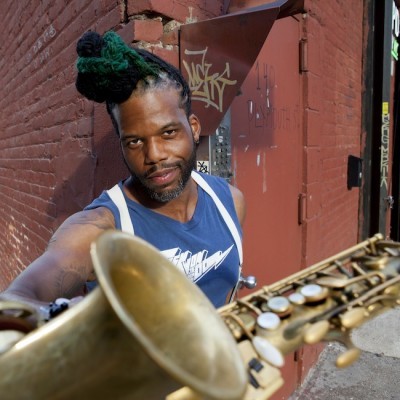
Benjamin possessed a fluid, round sound on the alto saxophone, and he was often most recognizable by the layers of electronic effects that he put onto the instrument.
Apr 2, 2024 12:59 PM
Casey Benjamin, the alto saxophonist, vocalist, keyboardist and producer who stamped his distinctive sounds on the…
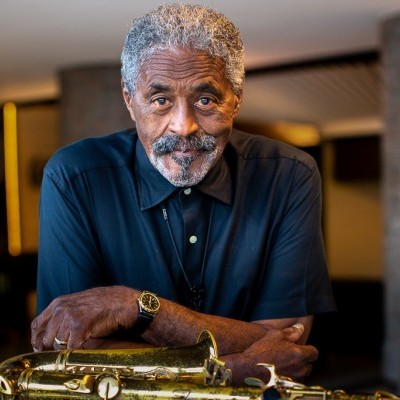
“He’s constructing intelligent musical sentences that connect seamlessly, which is the most important part of linear playing,” Charles McPherson said of alto saxophonist Sonny Red.
Feb 27, 2024 1:40 PM
“I might not have felt this way 30 to 40 years ago, but I’ve reached a point where I can hear value in what people…
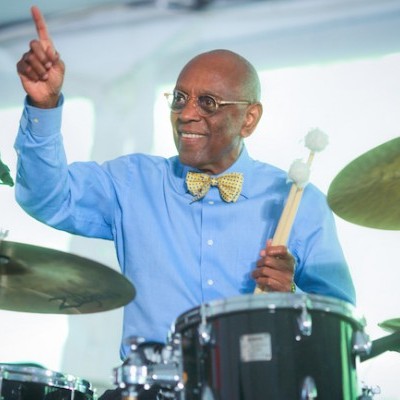
Albert “Tootie” Heath (1935–2024) followed in the tradition of drummer Kenny Clarke, his idol.
Apr 5, 2024 10:28 AM
Albert “Tootie” Heath, a drummer of impeccable taste and time who was the youngest of three jazz-legend brothers…
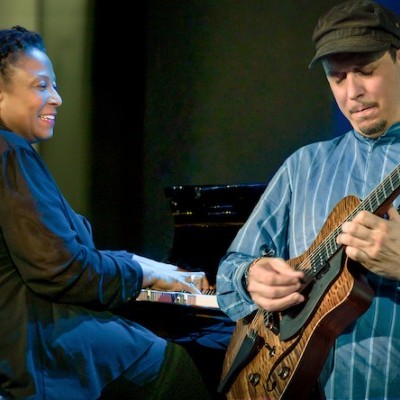
“Both of us are quite grounded in the craft, the tradition and the harmonic sense,” Rosenwinkel said of his experience playing with Allen. “Yet I felt we shared something mystical as well.”
Mar 12, 2024 11:42 AM
“There are a few musicians you hear where, as somebody once said, the molecules in the room change. Geri was one of…
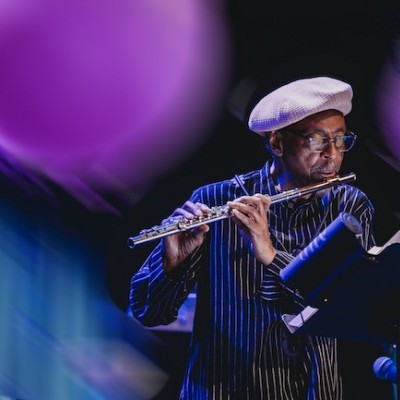
Henry Threadgill performs with Zooid at Big Ears in Knoxville, Tennessee.
Apr 9, 2024 11:30 AM
Big Ears, the annual four-day music celebration that first took place in 2009 in Knoxville, Tennessee, could well be…